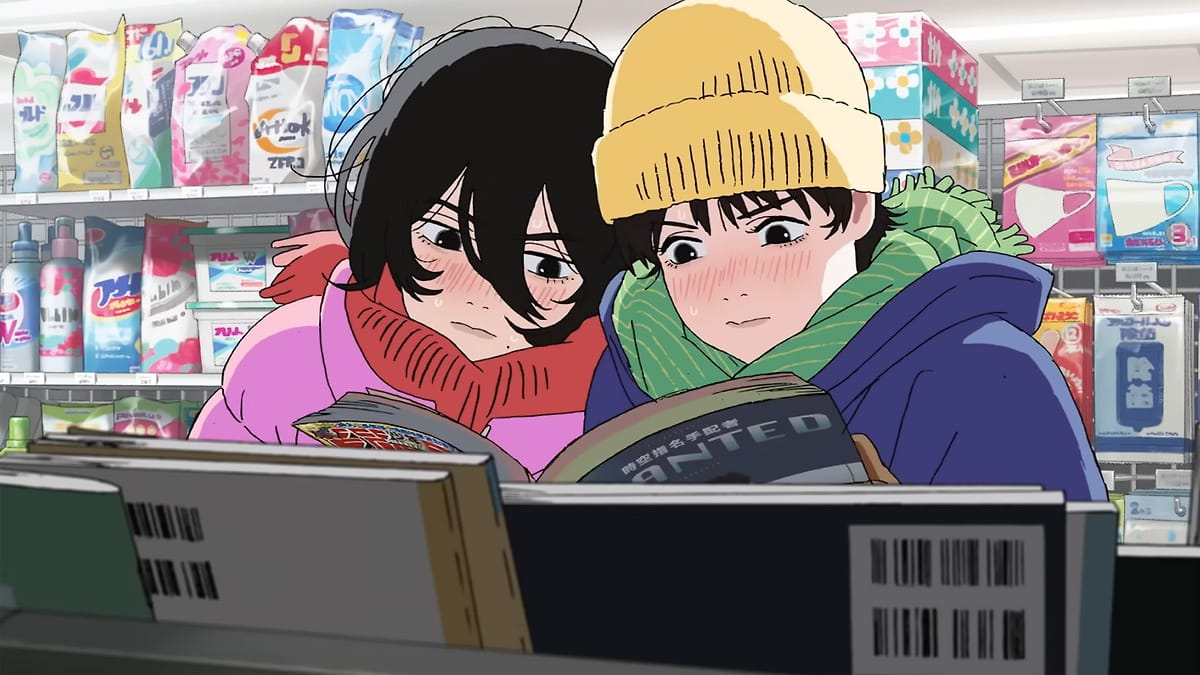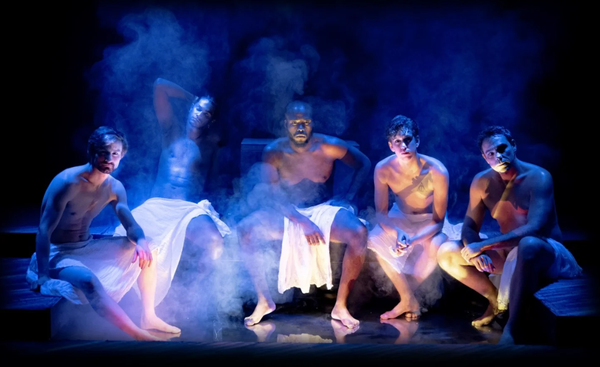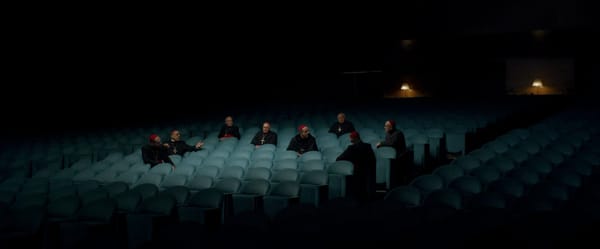What love can look like
Culture Companion Vol. 9

Welcome to the Culture Companion Vol. 9. The Culture Companion is a monthly-ish curation building bridges between the ideas we encounter in film, literature, and the arts. Subscribe to get new posts straight to your inbox.
If there's one thing popular media likes to tell us, it's what romantic love looks like.
It's about the understated flirting, physical affection, and declarations of love. However, like with every kind of representation in mainstream media, we're often told only one version of the story. And it's usually the one that's most widely appealing even if it's exclusionary of other common experiences.
When it comes to the depiction of romance, it typically follows a traditional script of how one shows, navigates, and experiences being in love. But it could leave those of us who exist beyond those norms feeling inadequate in one way or another.
So I've been indulging in identifying love not just in more diverse romantic stories, but also in media that embraces love beyond romance.

Love on the Spectrum
Love on the Spectrum has completely changed my perception of reality television.
The series follows people on the autism spectrum who are navigating the world of dating and romance. It's significant not only in its representation of the fact that autism is not a monolithic experience but also in redefining what love and romance can look like.
Popular media has pretty much exclusively shown us the neurotypical ways of loving. So Love on the Spectrum is opening up a space for love that might not fit that mould to be celebrated. You’re also guaranteed to have your heart stolen by everyone in this show — the main cast as well as their families and support systems.
Love Letters: Virginia Woolf and Vita Sackville-West
It's been over a year since I last wrote about Virginia Woolf so that clearly needs to be remedied immediately.
Love Letters: Virginia Woolf and Vita Sackville-West is a beautiful collection of Woolf and Sackville-West's letters and diary entries detailing their friendship, romance, and creative collaborations. I'm not exaggerating when I say that this book has had me giggling and kicking my feet over their blossoming relationship.
They are an example of love existing not just in conventional romance but also in devotion, inspiration, and longing.

Look Back
On the topic of creative collaboration is a movie I’ve been itching to rave about for weeks.
Look Back is an anime film based on the manga by Tatsuki Fujimoto. It’s about two girls whose passion for drawing brings them together unexpectedly and follows their creative partnership through the wins and losses. Even besides the love between the two characters themselves, Look Back is also about the ups and downs of one’s relationship with a craft and what it looks like to push through self-doubt.
This film is a deeply moving tribute to the love that can be found through creating together and should be mandatory viewing for any creative.
Good Hang with Amy Poehler
"You must hold hands with someone to go into the next step. And let's be honest, our female friendships and relationships . . . will probably last the longest." – Amy Poehler
One of my greatest sources of happiness these days is Amy Poehler’s new podcast, Good Hang, where each week she chats with friends from the entertainment world. Her conversations highlight what it means to do life with other people and especially how sacred female friendships are in that respect.
The Good Hang podcast is such an embodiment of the infectious joy that bubbles out of being in love with one's friends. And I’ll end with a quote from Poehler that has made me excited (and much less anxious) about growing older:
“You really haven’t met everyone you’re supposed to meet, even at my age of fifty-three.”





